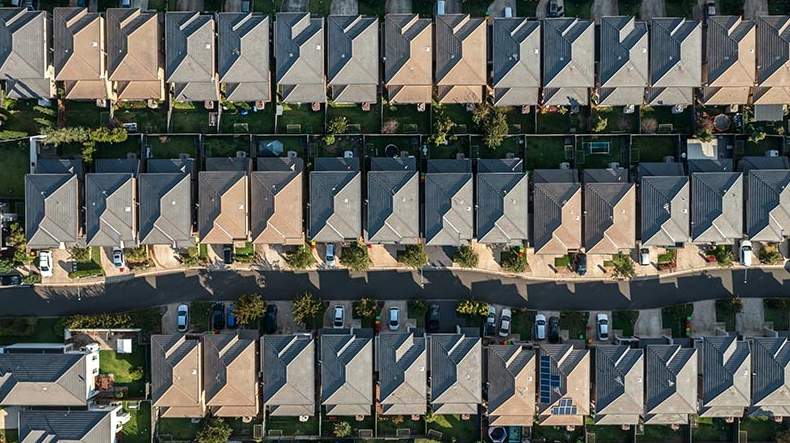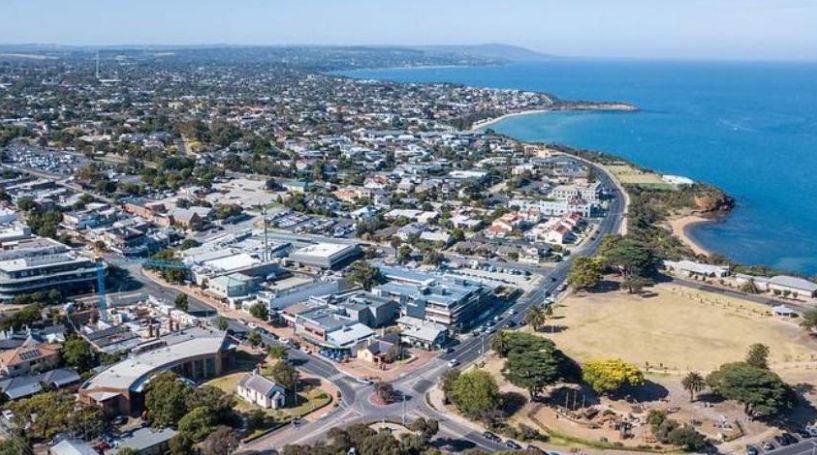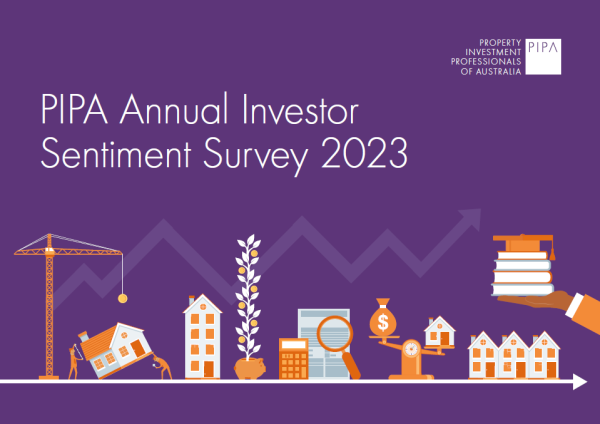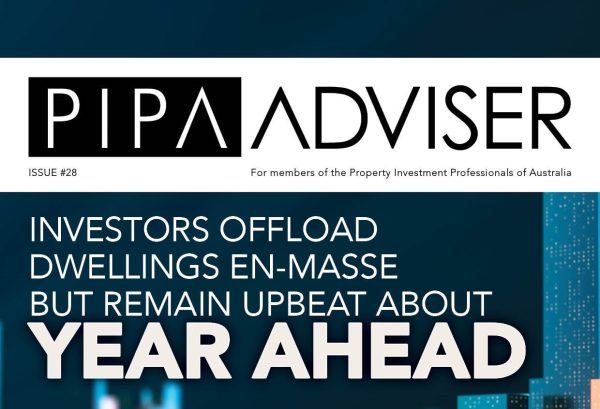Rental price growth slows from unprecedented highs as tenants hit ‘affordability ceiling’
Nov 2022Karen Millers
Categories
Location ReportsMedia releasesNational market updatesPersonal advisersPIPA AdviserPIPA Annual Investor Sentiment SurveysPIPA Member ProfilesPIPA video updatesPIPA webinarsPodcastsProperty advisersProperty newsLatest Articles
Rent rises ease but crisis’ link to population density found to be tenuous
Jordan van den Berg: The ‘Robin Hood’ TikToker taking on Australian landlords
Victorian property investors face yet another new property tax as council tests levy
Rentvesting in Australia: A deep dive
‘More chance of winning lotto’ than housing targets being met
Twelve months ago, during the height of rental market demand, Carley Eder was issuing lease renewals with price increases of up to $80 a week. Now, her clients will be lucky to have tenants approve $25.
“The market has definitely shifted,” the Central Coast rentals principal said.
“Back then there was zero stock, you’d get 12 people through an open house on Saturday and approved on Monday.
“Now we’re still getting good numbers at opens but they’re not applying, or [they’re] offering $30 less. It’s plateaued, but the expectation is higher now. Some owners’ heads are still in that height of the market … plus they’re feeling the pressure of interest rate rises.”
Record rental prices are beginning to ease however the market is unlikely to swing in favour of tenants anytime soon, housing experts warn.
National rents experienced the smallest monthly increase in growth this year according to CoreLogic’s latest quarterly rental review, up by just 0.6% in September. But it came amid an annual growth trend of 10%.
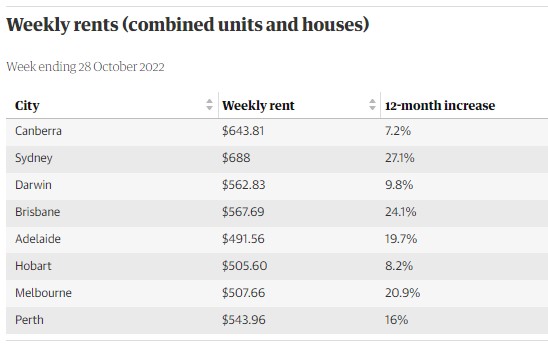
At the same time, national vacancy rates remained the lowest on record, tightening from 1.3% in June to 1.1% in September.
Research analyst Kaytlin Ezzy said the slowdown in rental growth after “unprecedented highs” may suggest an increasing number of prospective tenants were starting to come up against affordability constraints.
Everybody’s Home CEO Kate Colvin said Australia was “definitely still in a rental crisis” however locations had hit an “affordability ceiling”.
“There’s only so much people can pay,” she said.
“Someone who’s bought an investment property will pass the cost of interest rates on if they can, but if they can’t find a tenant willing to pay more, they have to offer the property at maximum people can afford.”
Colvin said the federal government’s budget promise to build 1m homes – including 30,000 social and affordable properties over the next five years – would help renters, but it wasn’t enough to meet demand.
“We’re nowhere near the affordability of the past few years,” she said. “There will need to be further investment.”
Policy and advocacy manager at the Tenants’ Union of NSW Jemima Mowbray said it was hard to say the current stabilisation in prices was developing into a drop in the market because it was occurring on the back of increased median rent.
“The good news is it’s not increasing at the pace it was,” she said.
“But we’ve had such significant rent increases with such tight rates … it’s going to take a long time before we see renters in a situation where people on low incomes aren’t struggling.”
Rental prices have increased nationally by 20% since August 2020, the equivalent of a weekly rent rise of $90.
At the same time, Mowbray said the union was continuing to receive regular calls from tenants facing weekly rent increases.
The Reserve Bank of Australia lifted interest rates by another 25 basis points on Tuesday, taking the official cash rate to 2.85%. The latest interest rate hike will add more than $114 to monthly repayments for a typical $750,000 mortgage.
Mowbray said it had become increasingly clear the private rental market was failing tenants and greater regulation was needed.
“What we’re not seeing, which is what you’d want in a well functioning system, is rents being set at a fair market value,” she said.
“There’s a clear argument for fair limits on rent increases and better protections when you see these external pressures. And we need significant increase in supply to get to a vacancy rate of at least 5%.
“There are property investors right at the edge of their financial capacity … and in the current situation, lots of renters are forced just to take that.”
The chair of the Property Investment Professionals of Australia (Pipa), Nicola McDougall, said the sharp rate hikes would drag on the market in coming months by dissuading investors from purchasing rental properties.
“Vacancy rates are at record lows,” she said.
“While opportunities clearly exist for investors in the current market, if they’re unable to secure finance then we’re likely to see … sustained downward pressure on vacancy rates for some time yet.”
According to Pipa research, 16.7% of investors have sold at least one dwelling in the past two years, potentially depleting the supply of rental stock nationally by 10%.
A further 19% were considering selling in the next 12 months, largely due to feeling they had lost control of their assets.
Originally Published: Caitlin Cassidy | The Guardian | 3 November 2022
